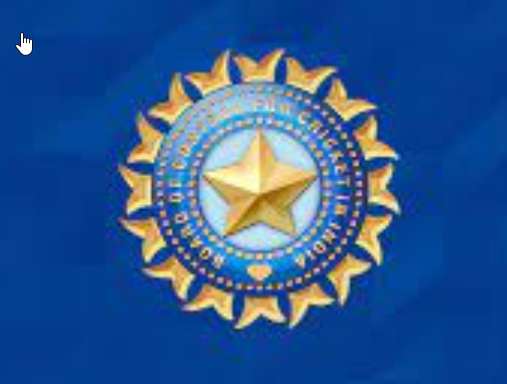Board of Control for Cricket in India
The Board of Control for Cricket in India (BCCI) is the national governing body for cricket in India. It was founded in December 1928 as a society registered under the Tamil Nadu Societies Registration Act. The BCCI is responsible for managing and promoting cricket in India, organizing domestic tournaments, and selecting and managing the Indian national cricket team.
History
The BCCI was formed in December 1928, replacing the Calcutta Cricket Club, which had previously been the governing body for cricket in India. The first president of the BCCI was R.E. Grant Govan, and the first secretary was Anthony de Mello. Initially, the BCCI had six affiliated regional associations: Bombay, Burma, Eastern India, Northern India, Southern India, and Central India.
Organizational Structure
The BCCI is governed by a General Body consisting of representatives from its member associations. The General Body elects the Board of Directors, which includes the President, Vice-President, Secretary, Joint Secretary, and Treasurer. The Board of Directors is responsible for the overall management and decision-making of the BCCI.
The BCCI has several committees that oversee various aspects of cricket administration, such as the Senior Selection Committee, which is responsible for selecting the Indian national cricket team, and the IPL Governing Council, which manages the Indian Premier League.
Domestic Tournaments
The BCCI organizes several domestic cricket tournaments in India, including:
- Ranji Trophy: The premier first-class cricket tournament in India, featuring teams representing regional cricket associations.
- Duleep Trophy: A first-class cricket tournament played between teams representing different zones of India.
- Vijay Hazare Trophy: A List A cricket tournament featuring teams representing regional cricket associations.
- Deodhar Trophy: A List A cricket tournament played between teams representing different zones of India.
- Syed Mushtaq Ali Trophy: A Twenty20 cricket tournament featuring teams representing regional cricket associations.
- Indian Premier League (IPL): A professional Twenty20 cricket league featuring franchise-based teams.
Indian National Cricket Team
The BCCI is responsible for selecting and managing the Indian national cricket team, which represents India in international cricket competitions. The Indian team has a rich history and is one of the most successful cricket teams in the world, having won the Cricket World Cup twice (1983 and 2011), the ICC Champions Trophy twice (2002 and 2013), and the ICC World Twenty20 once (2007).
Some of the most iconic Indian cricketers who have represented the national team include Sachin Tendulkar, Sunil Gavaskar, Kapil Dev, Rahul Dravid, Sourav Ganguly, Anil Kumble, Mahendra Singh Dhoni, and Virat Kohli.
Controversies and Reforms
The BCCI has faced several controversies over the years, including allegations of corruption, mismanagement, and lack of transparency. In 2013, the Supreme Court of India appointed a three-member committee, known as the Lodha Committee, to investigate the BCCI’s functioning and recommend reforms.
The Lodha Committee’s recommendations, which were accepted by the Supreme Court in 2016, included changes to the BCCI’s organizational structure, governance, and transparency measures. The reforms aimed to improve accountability and prevent conflicts of interest within the organization.
The Board of Control for Cricket in India (BCCI) is the apex governing body for cricket in India, responsible for managing and promoting the sport in the country. With its vast influence and financial resources, the BCCI has played a significant role in the growth and popularity of cricket in India and around the world. Despite facing controversies and challenges, the BCCI continues to be a dominant force in the global cricket community, shaping the future of the sport through its policies, tournaments, and the success of the Indian national cricket team.


